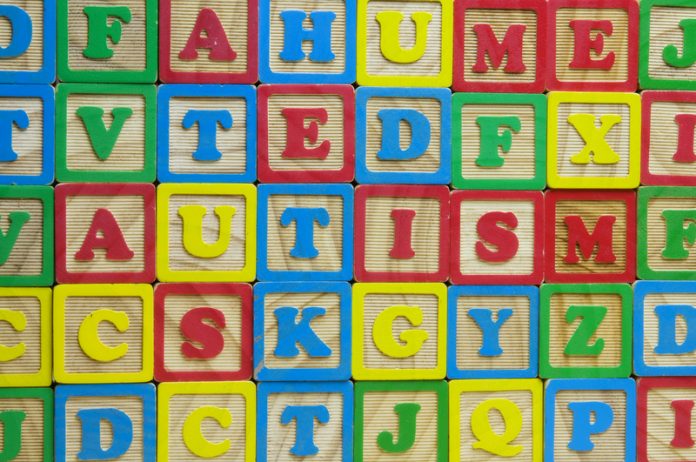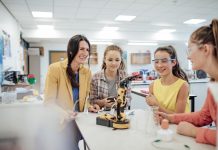Director of Education at I CAN, Deirdre Fitzpatrick turns the spotlight on speech, language and communication skills (SLCN)
As I CAN’s Director of Education I’m proud to be able to say our schools, Dawn House School in Nottinghamshire and Meath School in Surrey, provide an environment where all children and young people are valued and motivated to meet high standards. Finding out what’s motivating for a child is key; after all, everyone is motivated by something. Of course, education is about more than the national curriculum, it’s about providing the opportunity to develop independence, enhance communication skills and support the crucial social skills needed in all aspects of life.
For the 1.4 million children and young people in the UK with speech, language and communication skills (SLCN), these things can be a challenge; therefore, providing the opportunities to learn these crucial skills, in a way that suits each individual student, is a core part of successful support.
Recognising the benefit of this individualised approach, building on a child or young person’s strengths, provides the opportunity for schools and settings to create a truly inclusive society for children with special educational needs (SEN) through their thinking and approach.
A few years ago, I read Steve Silberman’s book, Neurotribes. At the time I was head of a school which had a large cohort of autistic young people. The book clarified my thinking on autism and perceived disability: autistic young people think differently and therefore enrich our society.
I began to realise that as well as supporting those who think differently, we should be celebrating the diversity of thought, encourage young people who think differently to flourish and utilise the skills they have to offer. We shouldn’t simply be educating them to fit into our world but educating society to understand and appreciate the unique strengths of those who think differently. Consequently, society needs to develop, adapt and grow, utilising a diversity of thought and idea.
In our school, I was satisfied that we were doing all we could to help keep our young people safe and reduce their anxieties so that they could thrive and flourish within the world they lived. Approximately 90% of our students had communication difficulties, which often led to frustration and caused much of their anxiety.
Employment
However, I realised we should be doing more. We had a new focus, a new goal. We wanted to raise aspirations but, unlike mainstream schools, the focus wasn’t about raising aspirations in students, but raising the aspirations of employers. We wanted employers, the workforce, to see the potential of those who think differently. And we decided to start with the local community.
We knew that many of our young people would remain in the local community after leaving school. They would continue to be looked after by their families and so educating the local community seemed sensible. We embarked on a series of awareness training sessions, coming at the employer’s from a range of different angles so that they couldn’t escape! We ran open mornings, showing off the brilliance of our students and enticing them in with free tea and coffee.
We also encouraged them to take our students on long-term work experience, offering them free adult support who acted as job coaches, educating the employer’s staff. We took our students to the local businesses, selling the products they had made to local workers and joining them for lunch. We got ourselves on the local enterprise board and eulogised about the skills of our young people. We even opened our own shop, farm and horticulture centre to develop the work-related learning skills needed.
And the result? More and more employers accepted and were keen to take our students on work experience. And best of all the employers sought to engage the students permanently and gave them jobs when they left school.
This example demonstrates one way of supporting the wider community to understand the needs and differences of young people with special educational needs (SEN) and indeed to celebrate them. This is crucial as a significant number of children have SEN.
Importantly, one universal characteristic that runs through this group of children and young people is the presence of SLCN as this disability is one that cuts across labels and diagnoses. But every child with SLCN is different; they will have their own strengths and needs even if they have an official diagnosis. We continue to strive to help everyone recognise their potential and support them to flourish.
Deirdre Fitzpatrick
Director of Education
I CAN
Tel: +44 (0)207 843 2515











